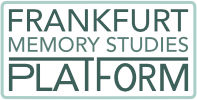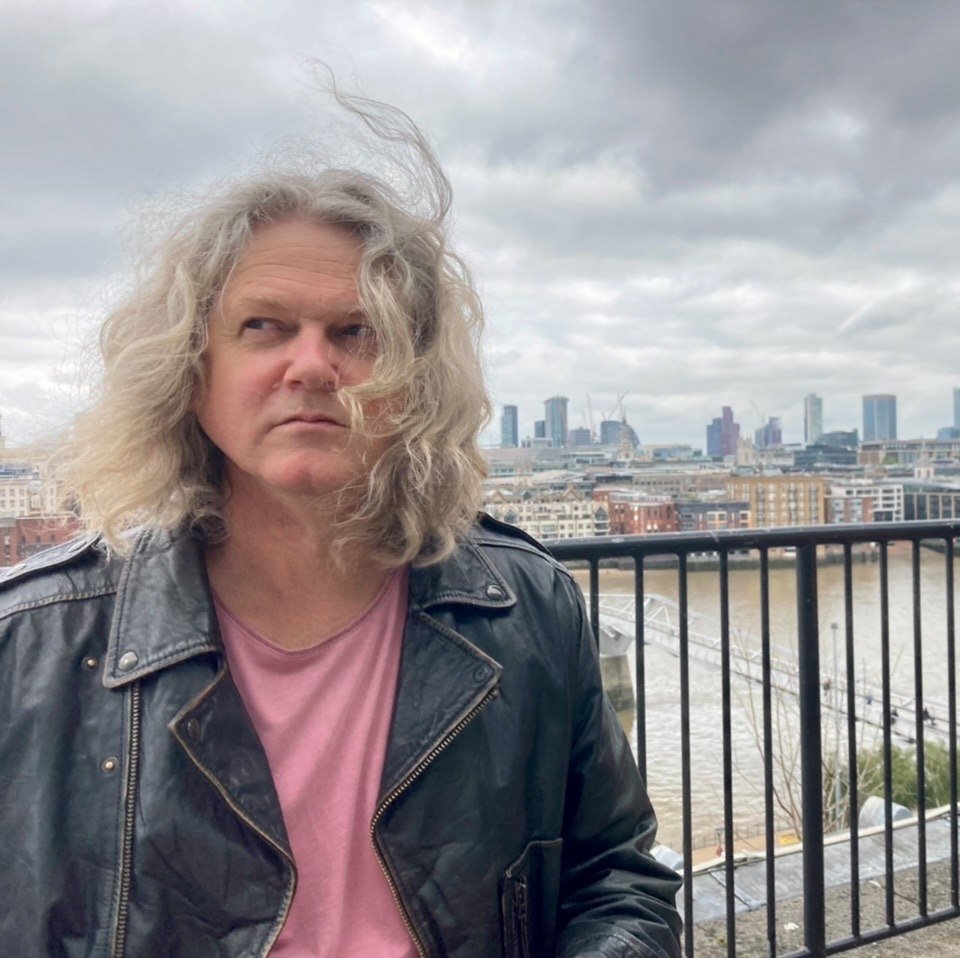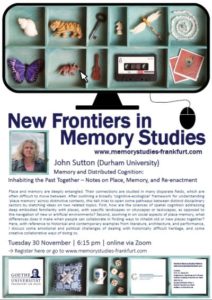John Sutton (Durham University)
Memory and Distributed Cognition: Inhabiting the Past Together – Notes on Place, Memory, and Re-enactment
Tuesday 30 November 6:15 pm
Watch the recording here.
Abstract:
Place and memory are deeply entangled. Their connections are studied in many disparate fields, which are often difficult to move between. After outlining a broadly ‘cognitive-ecological’ framework for understanding ‘place memory’ across distinctive contexts, this talk tries to open some pathways between distinct disciplinary sectors by sketching ideas on two related topics. First, how are the sciences of spatial cognition addressing deep embodied familiarity with places, with specific landscapes or cityscapes or taskscapes, as opposed to the navigation of new or artificial environments? Second, zooming in on social aspects of place memory, what differences does it make when people can collaborate in finding ways to inhabit old or new places together? Here, with reference to historical and contemporary examples from literature, architecture, and performance, I discuss some emotional and political challenges of dealing with historically difficult heritage, and some creative collaborative ways of doing so.
John Sutton‘s research addresses memory, skill, and cognitive history. He is author of Philosophy and Memory Traces: Descartes to Connectionism. His most recent co-edited volume, with Kath Bicknell, is Collaborative Embodied Performance: Ecologies of Skill, which will be published by Bloomsbury in January. Sutton is currently spending a term as Visiting Fellow at Durham University’s Institute of Advanced Study working on their interdisciplinary project Representing Memory.




